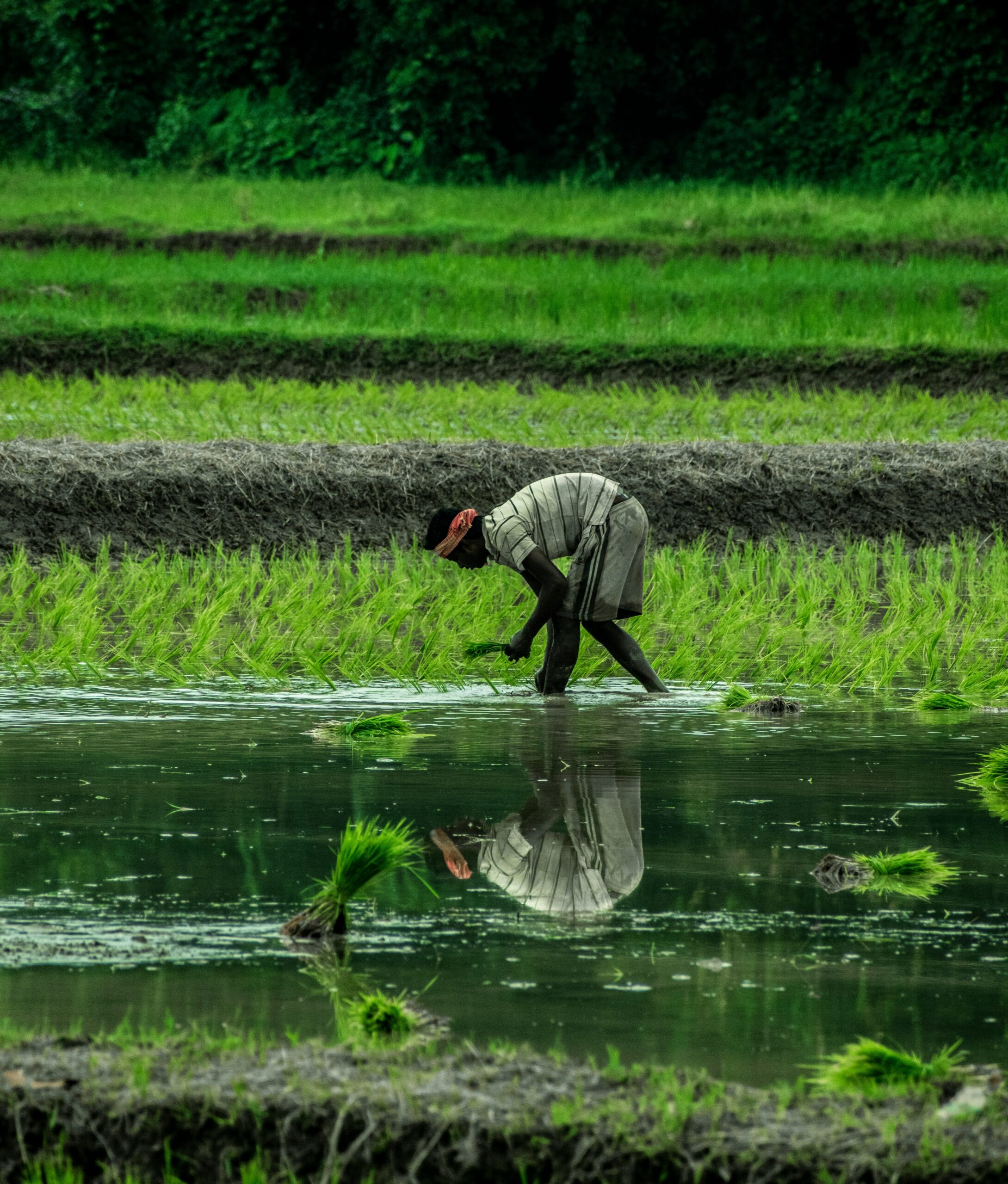The 2024 Living Planet Report by the World Wildlife Fund has revealed that global biodiversity is in crisis. Yet there is a simple, affordable solution, (you’ve guessed it – Beans is How!)
Populations of monitored wildlife species have plunged by an average of 69% in 50 years. Food systems and agriculture are a leading driver of this decline, responsible for 80% of deforestation and 70% of freshwater use.
If everyone in the world adopted the current food consumption patterns of the world’s biggest economies, by 2050, we would exceed the 1.5°C climate target for food-related greenhouse gas emissions by 263% and require one to seven Earths to support us.
As the 2024 United Nations Biodiversity Conference (COP16) in Cali, Colombia approaches, transforming how we grow and consume food is essential to reversing these devastating trends.
One of the most effective yet often overlooked solutions?
Beans.
Beans, part of the broader pulse family, are a key to sustainable agriculture and healthier food systems. Beans and other pulses are incredibly diverse, with thousands of varieties. Eating local varieties can promote bean biodiversity and provide a range of tastes, as well as improved growing and nutritional properties. These include drought tolerance and lower cultivation times.
According to the Living Planet Report, to help conserve biodiversity, the transformation of food systems must focus on reducing the environmental impacts of farming, including cutting emissions, reducing land use, and protecting ecosystems.
Beans and other pulses offer a powerful solution to meet these goals
-
Transforming the Food System: The report emphasizes a shift toward sustainable, plant-based diets and nature-positive production to reduce food-related biodiversity loss. Beans are nutrient-dense, rich in protein, and low in fat. Increasing their consumption.
-
Reducing Food Waste: About 30-40% of global food is wasted, contributing significantly to environmental degradation. Beans have a long shelf life, whether stored dry, canned, or frozen, making them ideal for reducing food waste and enhancing food security by maximizing resource use.
-
Nature-based solutions: Conservation and restoration strategies are proposed to enhance biodiversity. Beans contribute to soil health through nitrogen fixation, reducing the need for synthetic fertilizers. This protects ecosystems by minimizing harmful agricultural runoff that harms biodiversity both in the soil, and the waterways . Beans also support crop rotation practices, which benefit pollinators and improve overall ecosystem health.
-
Climate mitigation through conservation: Beans are a climate-friendly crop. Their production requires less water and generates significantly lower greenhouse gas emissions compared to animal protein sources, while using fewer resources, contributing to a sustainable food system.
What’s working across countries?

In India, the largest global producer and consumer of pulses, beans are crucial for food security and biodiversity protection. Integrating cereals and pulses into diets ensures stable protein sources and encourages diverse crop rotations, supporting healthier soils and ecosystems. The report cites India’s approach as a sustainable model, noting that if all countries adopted India’s consumption patterns, the world would need ‘less than one earth’ (0.84) by 2050 for food production.
In Kenya’s Lake Naivasha, investments in post-harvest storage and supply chain infrastructure, such as solar-powered cooling facilities, reduced food loss from 50% to less than 10%. This example shows how easy-to-store, long-shelf-life foods like beans are key for reducing waste and improving food security.
Globally, shifting to plant-based diets, including the increased consumption of beans, could reduce agriculture-related emissions by up to 70%, according to the report. Beans are a nutritious, affordable source of protein, rich in fiber, vitamins, and minerals, and they offer a practical solution to lower the demand for resource-heavy products.


